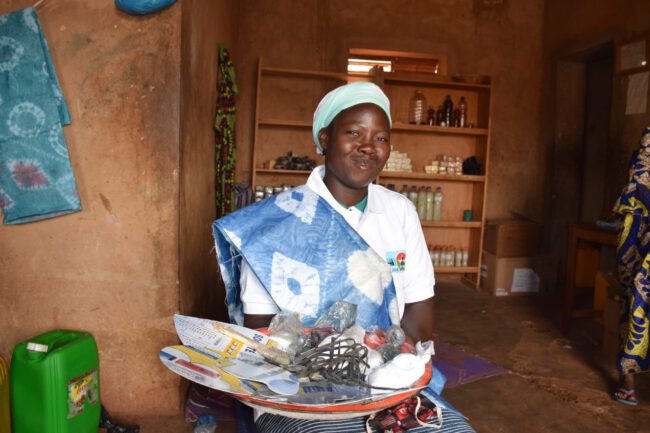Country Portfolio Burkina Faso
The following portfolio represents the winners from the first Call for Solutions in Burkina Faso, launched in 2022. CFYE intended to co-invest in progressive private sector-led initiatives that would deliver sustainable employment to young people, particularly women, while also supplying businesses with appropriately skilled personnel. Our Country Lead for Burkina Faso is Meriem Boukhari.
Burkina Faso’s Job Market & Youth
A country of 22m, Burkina Faso is one of the world’s poorest countries with a GDP of $22.9bn, an extreme poverty rate of 40%, and a Human Development Index (HDI) that ranks 184/191. While there has been a substantial push by the international and governmental community to reduce poverty and develop the economy, the country’s multiple challenges have ensured that growth has remained too low to improve living standards.
Burkina Faso also has a very dynamic demographic growth and a young population. The median age is 18 years, and 64% of the population is younger than 25. In recent years, the working-age population has been growing by an average of 0.6m annually, with nowhere near enough new jobs created every year to provide them with jobs. Young people are moving increasingly towards urban centres, with 31% of the population living in cities.
A growing workforce lacking in relevant skills, low job creation, and a weak entrepreneurial culture has led to sluggish growth and serves as one of the significant impediments preventing Burkina Faso from developing its economic potential.
Educational institutions and vocational training programmes produce limited outcomes, and new labour market entrants are ill-prepared for both the technical and soft skills required for the jobs available. This phenomenon of low job demand and a mismatch of skills gives rise to alarming unemployment figures; in urban areas, youth unemployment is estimated to be 25%. Although in rural areas, these figures are believed to be lower as there are more (temporary) informal jobs in the agriculture sector.
We observed several key challenges to youth employment in Burkina Faso: low job creation, lack of inclusion, skills mismatch, weak dedicated public structures, difficult environment for entrepreneurs, and poor quality of jobs. Action is therefore needed to stimulate economic growth, tackle the skills mismatch in the labour market, address the exclusion of women and youth from the labour force and improve the decency of existing jobs.
Our Impact
Our Portfolio in Burkina Faso
With Burkina Faso youth’s aspirations, the business climate, and the demands on supply, we developed a portfolio that focuses on high-priority industries, such as manufacturing, education, and research to deliver innovative solutions to the challenges put forward. We plan to achieve more than 6.910 decent jobs for Burkina Faso youth. This will be accomplished through creating new jobs, matching youth to appropriate jobs, or improving the conditions of existing jobs to achieve decency in work.
The professional advancement of women occupies a significant portion of the portfolio, as more than 4.938 of the jobs will be held by young women – exceeding CFYE’s 50% ambition.
Our current portfolio in Burkina Faso begins to address the complexities of youth ambitions, particularly the goal of upskilling. We are encouraged to see how our partners tackle these issues by providing vocational training in the manufacturing sector, thereby engaging youth with different experience levels in the workforce. We have a combination of waged employment and self-employment in our current portfolio, united in one goal: helping youth find decent employment.
CFYE’s funding will be critical in supporting us to create sustainable self-employment for 360 youth entrepreneurs and create dignified wage employment for over a thousand youth. With a gender transformative approach, we will tackle practical barriers, while targeting 50% women.
With the technical assistance of CFYE we can grow further by generating 400 gig-based opportunities and matching 1600 job seekers through an integrated approach, ambitious acceleration plans, personalized technical support and access to financial services adapted to their needs.
Our program facilitates access to economic activities run by young women. With CFYE support, we aim to improve the income of at least 1000 people and create decent jobs by deploying a flexible and adaptable financial model in the targeted regions for young women rice parboilers and NTFP processors in rural areas.

